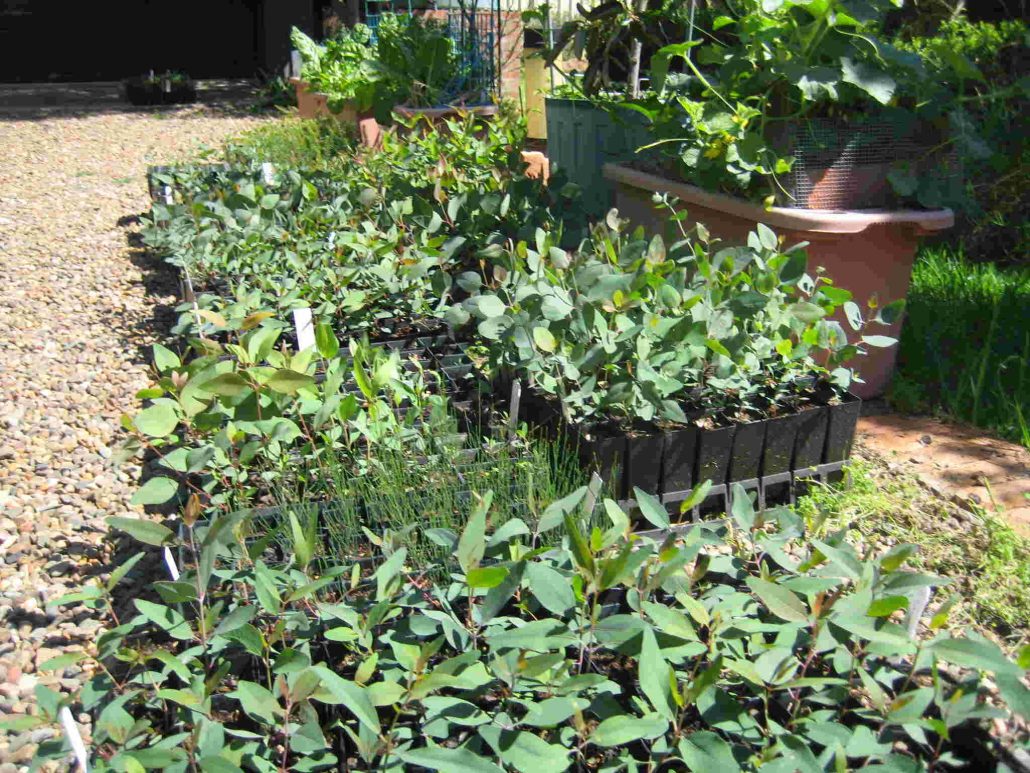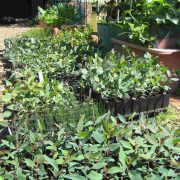How do you pick a good seed?
Did you know you can grow your own native plants without expensive, specialist equipment? But to ensure success it’s important to start with healthy, viable seed. So how do you pick a good seed from a dud?
To get the best quality seed, start with a healthy, natural population of parent plants. Collect seed locally if possible, environmental conditions should be considered, but collecting seed from a large and genetically diverse population is much more important. Avoid neighbouring plants as they are most probably related and instead collect seed from widely spaced healthy plants. Isolated plants should also be avoided as they may not be able to cross-pollinate so are likely to carry inbred, unhealthy seed.
Want to find out more? Come along to our seed collection and propagation workshop on Sunday 6 May and gain knowledge and skills to select for viable seed, ensure successful germination and give your seedlings the best start.

Seed Success: Start with healthy, viable seed.
The workshop will be run by local ecologist, David Allworth, and local botanist, Christine McRae, and will cover basic identification features of some commonly found local plant species; why collecting locally is best; safety, permission, timing, methods, storing collected material; equipment and processing of collected material; methods and materials for propagation and the best time to sow seed.
The hands-on workshop will take participants through the tools and techniques required to select viable seed and provide plenty of actual experience in seed sieving, preparing potting mix, sowing seed and handling seedlings. The emphasis of the workshop will be introducing people to a few tricks to ensuring a good germination, and doing so at low or no cost in terms of equipment; generally most the things required to germinate plants can be found in the domestic garbage bin or in the shed.
Participants will also gain an insight into local plant ecology and have access to seed and material propagated on the day.
The seed collection and propagation workshop will be held from 9am to 12 noon on Sunday 6 May at the Straw Bale Shed, AREC. The workshop is free to attend with morning tea and lunch provided.
All welcome but RSVP is essential for catering purposes. For more information or to book your spot please contact Agness Knapik, Watershed Landcare Coordinator, on 0435 055 493 or info@watershedlandcare.com.au.
This event is supported by Watershed Landcare through funding from Michael King and Landcare Australia.


